This is considered an important factor promoting progressive life, contributing to stabilizing household economy and sustainable poverty reduction.
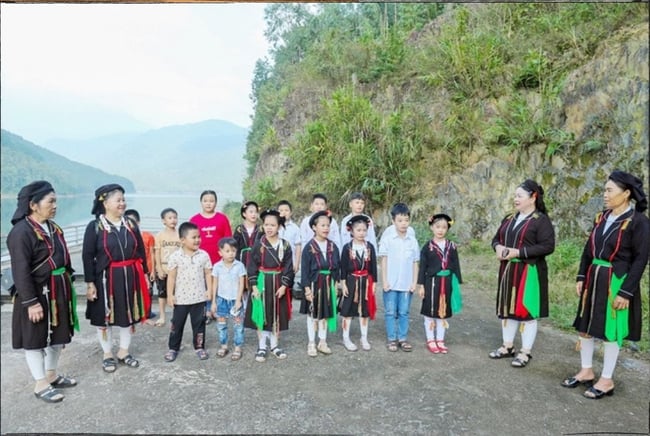
Ethnic minorities proactively eliminate bad customs and build a new cultural life.
In the northern mountainous provinces, many villages of the Mong, Dao, Tay and Nung ethnic groups have actively implemented the models of "Cultural Village", "Self-Managed Clans", and "Friendly Cultural Houses". Through community activities at the village cultural houses, people are informed about the law on marriage and family, preventing early marriage, preventing incestuous marriage, as well as regulations on security and order. Thanks to that, many backward customs such as weddings lasting for many days, organizing complicated funerals, superstitions, etc. are gradually being eliminated, replaced by a civilized and frugal lifestyle.
In the Central Highlands, many villages of the Ede, Gia Rai, and M'nong ethnic groups have successfully transformed backward customs in funerals and traditional festivals. Village elders and prestigious people have been promoted to promote the building of a new cultural life, mobilizing people to organize simple rituals, limiting the use of buffaloes and cows in worship ceremonies to reduce costs. People are also instructed on how to combine cultural preservation with community tourism development, generating revenue from gong art, handicrafts, and traditional cuisine .
In the Central and Southwestern provinces, positive changes are also taking place strongly. In Khmer villages, many families have gradually abandoned the concept of male superiority and female inferiority, encouraging girls to go to school and participate in community activities. Khmer pagodas cooperate with local authorities to propagate people to abandon backward customs, preserve traditional festivals in accordance with their identity, and limit costly living expenses. Thanks to that, many families save costs, focus on economic development, and improve income.
In addition to direct propaganda, localities have actively integrated the content of eliminating bad customs into the movements of "Cultural Family", "Cultural Village", the new rural construction program and the activities of political and social organizations. Pilot models of eliminating child marriage, promoting civilized weddings and funerals, and village conventions have been widely deployed and brought about clear results. Many localities have recorded a significant decrease in the rate of child marriage, superstition and wasteful living practices compared to previous years.
According to the assessment, when bad customs are eliminated, people will reduce unnecessary expenses and have conditions to invest in production, livestock, education and health care. The new cultural lifestyle not only helps the community become more united but also creates an important foundation for developing the local economic strengths such as commodity agriculture, traditional crafts and community tourism.
In the coming time, localities will continue to promote the role of village elders, village chiefs, and prestigious people; strengthen legal propaganda; bring cultural information to each household to maintain the achieved results and create a stronger shift in building a new cultural life.
Source: https://bvhttdl.gov.vn/dong-bao-dan-toc-thieu-so-chu-dong-loai-bo-hu-tuc-xay-dung-doi-song-van-hoa-moi-20251124170453115.htm





![[Photo] Prime Minister Pham Minh Chinh attends the patriotic emulation congress of the banking sector](/_next/image?url=https%3A%2F%2Fvphoto.vietnam.vn%2Fthumb%2F1200x675%2Fvietnam%2Fresource%2FIMAGE%2F2025%2F11%2F24%2F1763981997729_tt-nhnn-jpg.webp&w=3840&q=75)


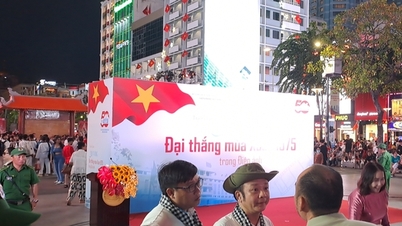
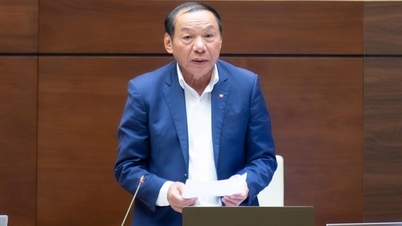
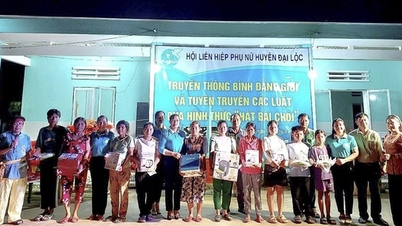


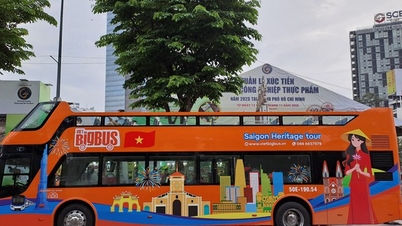





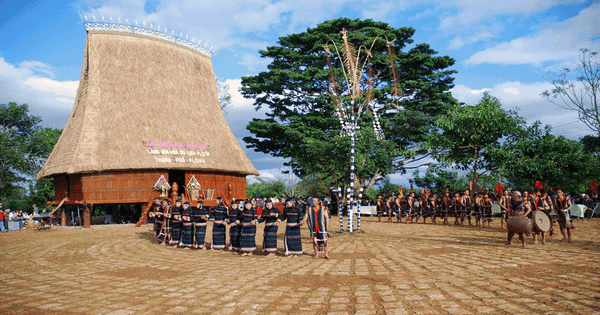
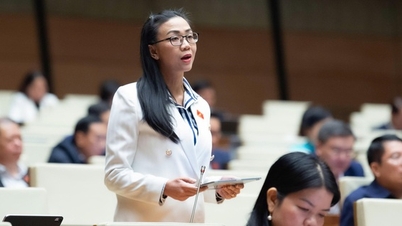
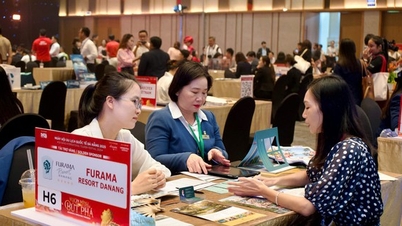
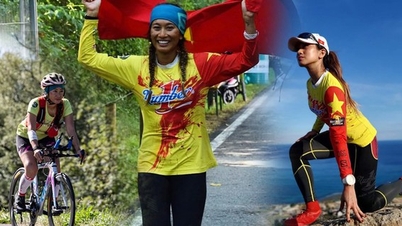
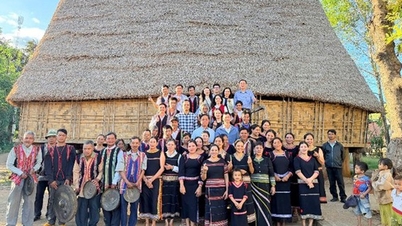
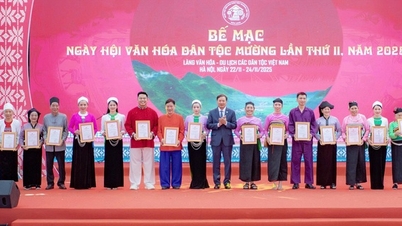

![[Photo] National Assembly Chairman Tran Thanh Man receives a business delegation from the Europe-ASEAN Business Council](/_next/image?url=https%3A%2F%2Fvphoto.vietnam.vn%2Fthumb%2F1200x675%2Fvietnam%2Fresource%2FIMAGE%2F2025%2F11%2F24%2F1763989198212_ndo_br_bnd-7394-jpg.webp&w=3840&q=75)
![[Photo] Next to the "mountain of trash" after the flood, Tuy Hoa residents strive to rebuild their lives](/_next/image?url=https%3A%2F%2Fvphoto.vietnam.vn%2Fthumb%2F1200x675%2Fvietnam%2Fresource%2FIMAGE%2F2025%2F11%2F24%2F1763951389752_image-1-jpg.webp&w=3840&q=75)


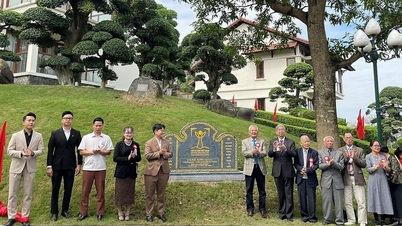

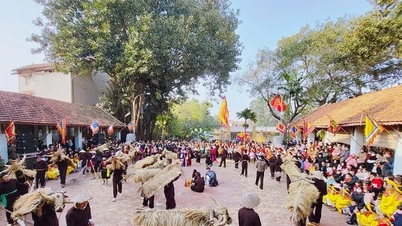

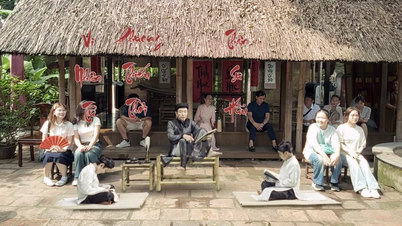

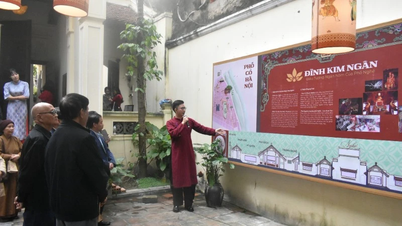









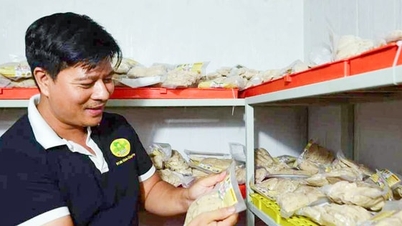









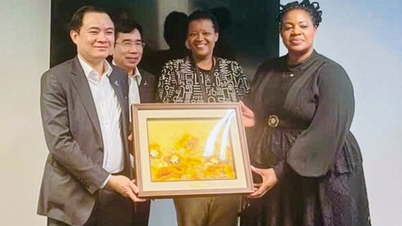
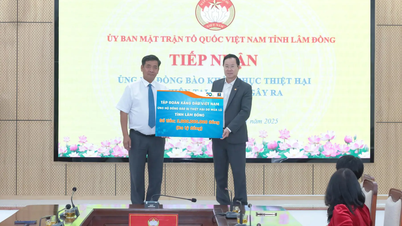







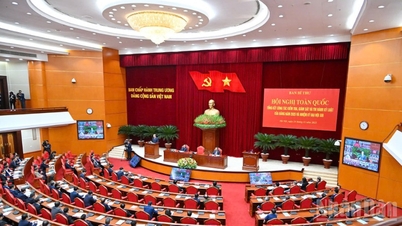





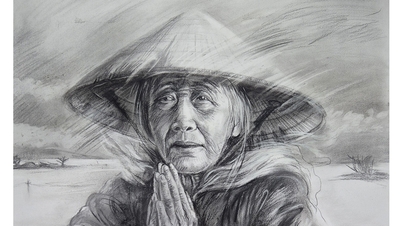
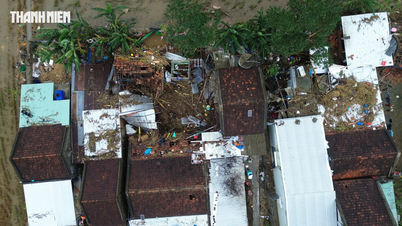
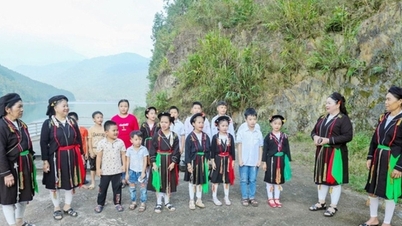
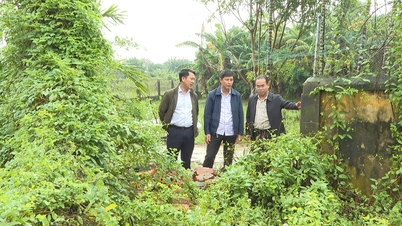



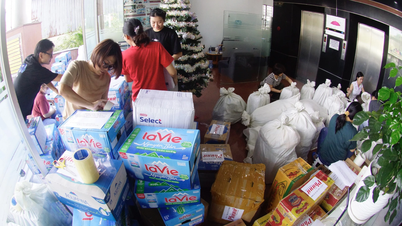


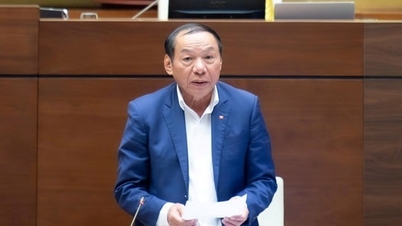
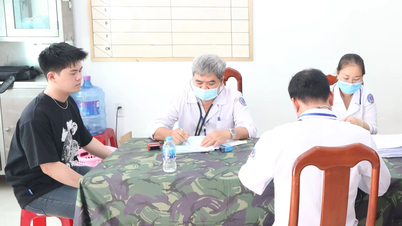











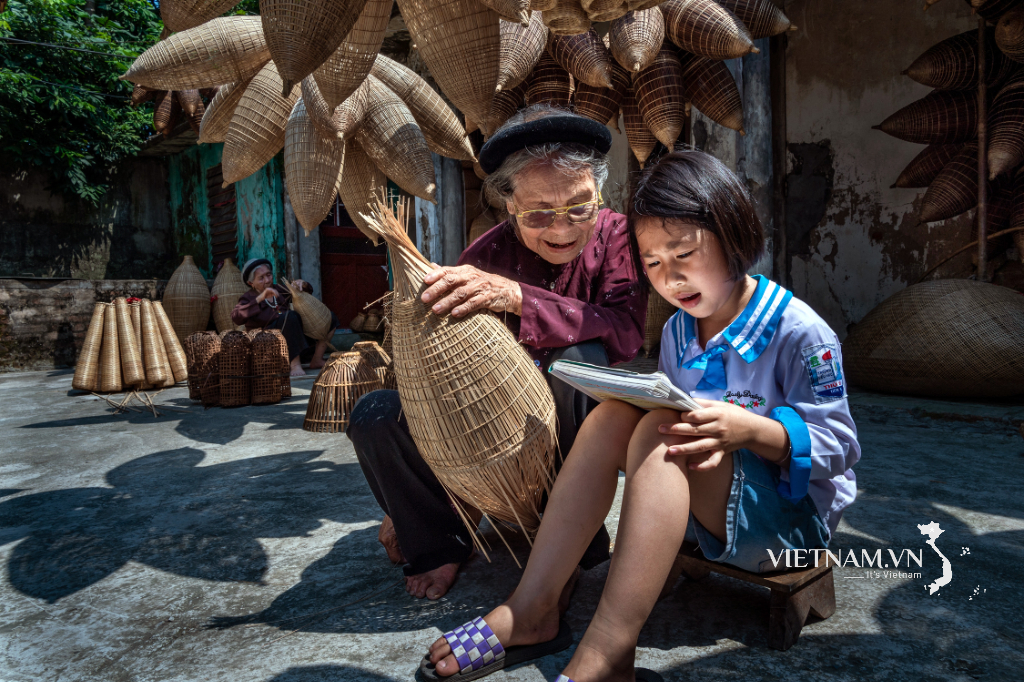

Comment (0)